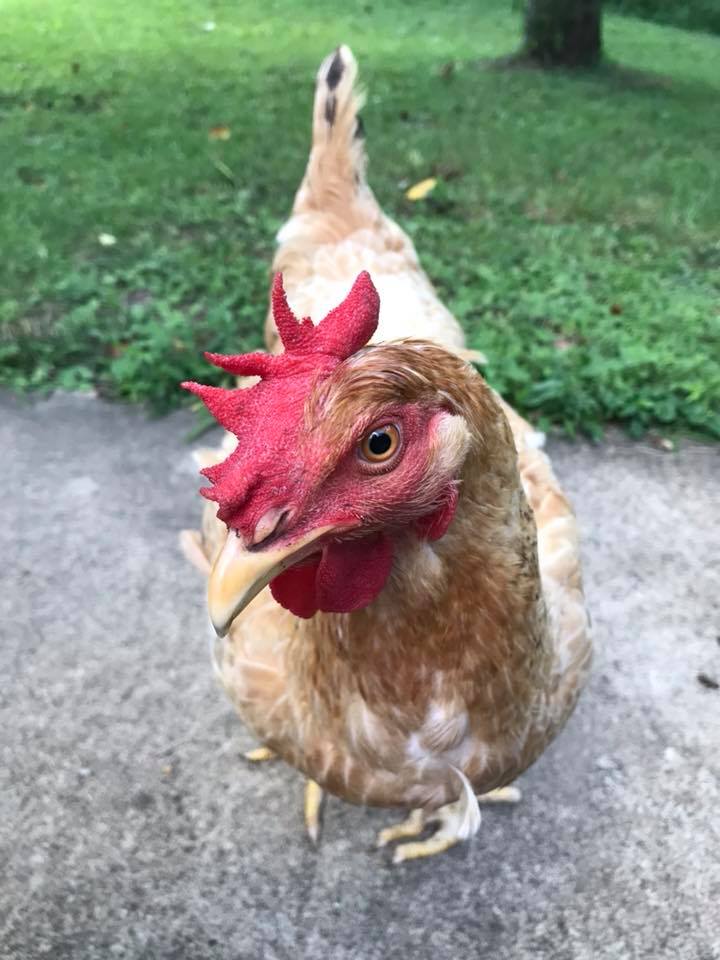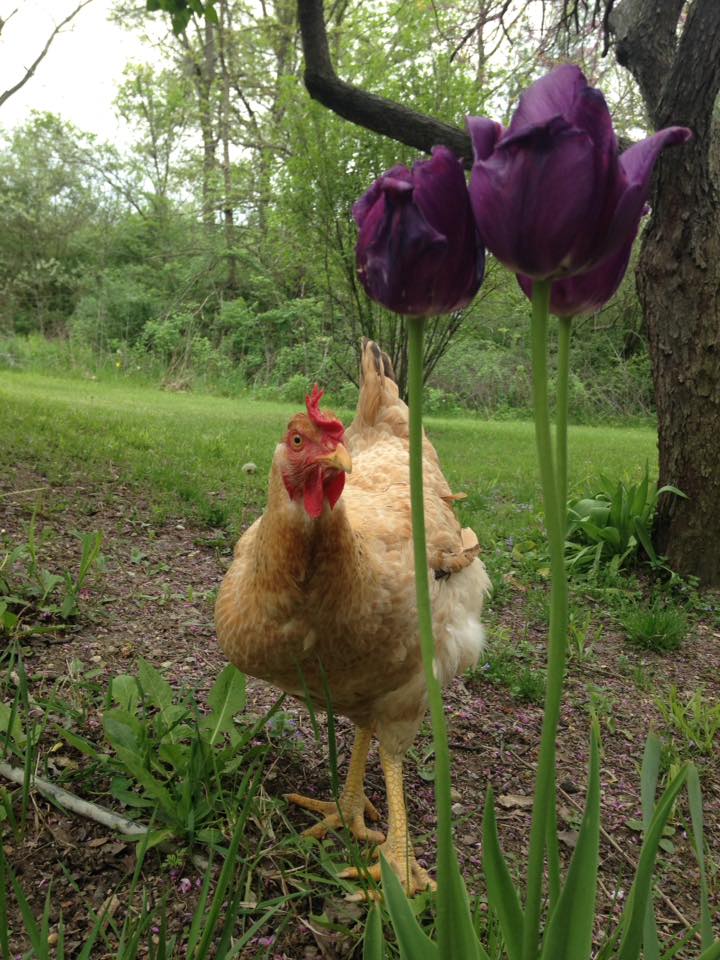I free-range my chickens, and by that, I mean there is a building they go in at night, I close/lock the door, and I feed them each day, though a large majority of their food in the warmer month is bugs/grass/etc. There is no fence involved. I have lost a few to hawks and some to other predators, though for the most part, mine do very well.
I lost more to hawks at first and I did take steps to try and prevent hawk attacks. I hang CDs up in the trees so maybe the light they reflect and move would confuse hawks. I have a lot of areas where chickens can take cover if they see a hawk. I have a very good rooster, and I have a decoy hawk and a decoy owl in two different parts of the yard. I do not know if any of these things are why I am seeing less hawk attacks or if it is just a coincidence.
As for trying to save chickens that are attacked by hawks, I would suggest you continue trying to help if you think there's a possibility it would work. Last year, one of my chickens was attacked by a hawk. She wasn't there when I locked them up at night and I searched around the yard and found her with two gouges in her shoulders. She could not walk. I separated her from most of the other chickens, putting one very docile chicken with her so she would have company. She eventually ate and drank if I placed food beside her. I put antibacterial cream on her wounds. I don't have photographs of them, but they were alarming to say the least. They were pretty deep, and I did not know why she wouldn't walk. I carried her around the yard, too, and sat with her for a little bit each day so she could eat grass. She fully recovered, though slowly, over the span of about a month, and she is a healthy happy chicken now: one of my favorites. I am very glad that I tried to save her.
There have been other times I tried to save chickens and it just didn't work. I think it's always worth the effort, but to each their own.
Here's the one I managed to save. She is also my profile picture:

(She's missing some toenails and some toes were broken and didn't heal completely right, but she can walk fine and doesn't seem to be in any sort of pain at all.)

I lost more to hawks at first and I did take steps to try and prevent hawk attacks. I hang CDs up in the trees so maybe the light they reflect and move would confuse hawks. I have a lot of areas where chickens can take cover if they see a hawk. I have a very good rooster, and I have a decoy hawk and a decoy owl in two different parts of the yard. I do not know if any of these things are why I am seeing less hawk attacks or if it is just a coincidence.
As for trying to save chickens that are attacked by hawks, I would suggest you continue trying to help if you think there's a possibility it would work. Last year, one of my chickens was attacked by a hawk. She wasn't there when I locked them up at night and I searched around the yard and found her with two gouges in her shoulders. She could not walk. I separated her from most of the other chickens, putting one very docile chicken with her so she would have company. She eventually ate and drank if I placed food beside her. I put antibacterial cream on her wounds. I don't have photographs of them, but they were alarming to say the least. They were pretty deep, and I did not know why she wouldn't walk. I carried her around the yard, too, and sat with her for a little bit each day so she could eat grass. She fully recovered, though slowly, over the span of about a month, and she is a healthy happy chicken now: one of my favorites. I am very glad that I tried to save her.
There have been other times I tried to save chickens and it just didn't work. I think it's always worth the effort, but to each their own.
Here's the one I managed to save. She is also my profile picture:
(She's missing some toenails and some toes were broken and didn't heal completely right, but she can walk fine and doesn't seem to be in any sort of pain at all.)





